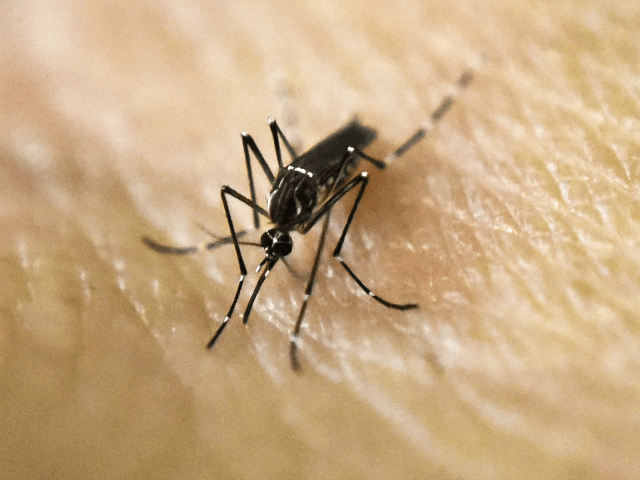The Center for Disease Control and Prevention (CDC) issued a warning about travel to Cuba after authorities reported Zika on the communist island.
The press release came right before President Barack Obama left for Havana.
Cuban authorities diagnosed a woman, who did not travel off the island, with Zika after she suffered from “headaches, fatigue and other symptoms.” A test on Monday confirmed she has Zika. Cuba’s other Zika cases came from people who traveled to hard-hit areas, including Venezuela. At least 130 Cubans have shown symptoms.
Aedes aegypti mosquitos carry the Zika virus. While primarily found in Africa, all but two nations on the Western Hemisphere boast significant populations. (Chile and Canada are the exceptions.) They also carry dengue, yellow fever, and chikungunya.
The CDC recommends pregnant women not travel to Cuba. If a pregnant woman must travel to the island, the scientists said she should talk to her doctor and “strictly follow steps to prevent mosquito bites” during the trip.
Zika poses more risks to pregnant women; scientists believe a link exists between Zika and microcephaly, a rare birth defect that occurs when the brain does not form properly during pregnancy or after birth, causing small heads. Children can suffer from seizures, developmental delays, intellectual disability, and feeding problems.
Doctors found the disease in an infant during an autopsy, and numerous mothers reported symptoms.
“This is the strongest evidence to date that Zika is the cause of microcephaly,” explained CDC director Tom Frieden. “Zika is new, and new diseases can be scary, particularly when they can affect the most vulnerable among us.”
Frieden stopped short of claiming Zika caused the microcephaly cases. He said scientists need to perform more tests to confirm an actual link.
The CDC also encouraged pregnant women either to not have sex or use protection with their male partners if they traveled to Cuba.
In late February, the CDC announced it is investigating fourteen sexually transmitted Zika cases in the United States. Dallas County Health and Human Services (DCHHS) confirmed the first sexually transmitted Zika case in the early February. The CDC responded with an advisory for people to take precautions to prevent transmission of the virus. This latest discovery forced the center to issue another Health Advisory Notice (HAN) “to underscore the importance of adhering to the interim guidance published on February 5.” These include pregnant women asking their male partners about possible Zika contact. They also asked everyone to use condoms until further notice, since no one knows for sure how long Zika survives in sperm.

COMMENTS
Please let us know if you're having issues with commenting.